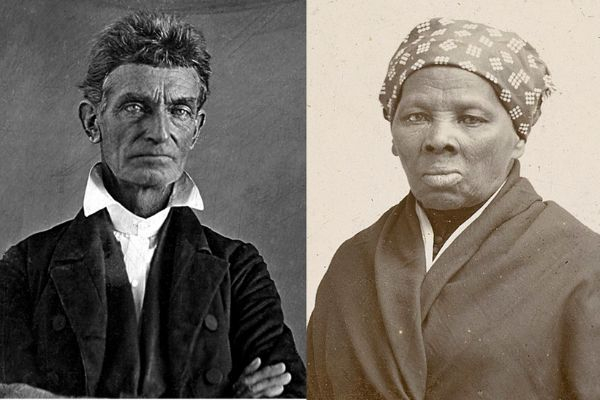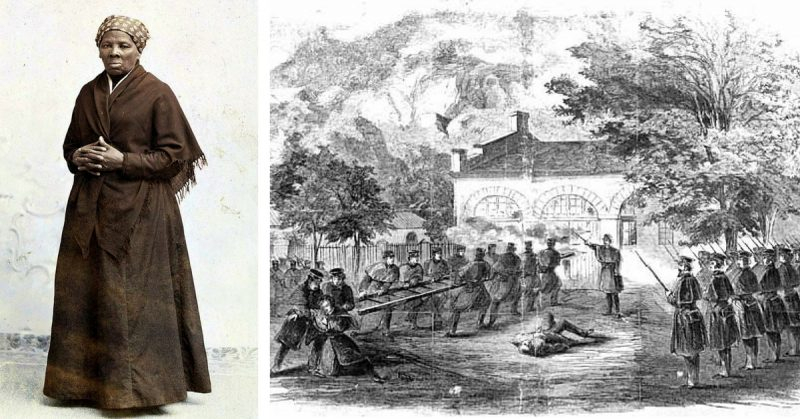She worked with many leading abolitionists, including John Brown
Susan B. Anthony and Emily Howland, two prominent women's rights activists, collaborated with Tubman. She spoke about her Civil War experiences and the sacrifices made by other women throughout modern history to advance the cause of women's voting rights while traveling to New York, Boston, and Washington.
One of the bravest "conductors" on the Underground Railroad, Harriet Ross Tubman helped more than 300 slaves, including her parents, escape to freedom before the Civil War. Later, she worked for the Union as a nurse, spy, and scout. Elizabeth and Anne Miller, whose scrapbook this rare snapshot, most likely taken in 1911, is in, hosted suffrage gatherings in nearby Geneva, where Tubman attended after relocating to Auburn, New York. Friends of Tubman helped pay for the local author and teacher Sarah Hopkins Bradford to write her biography in order to provide her a more steady livelihood.
By creating a story that focused on her function as a conductor on the Underground Railroad, Tubman gave legitimacy to the fight for women's rights. In 1896, she delivered the inaugural keynote address for the recently founded "National Federation of Afro-American Women."









